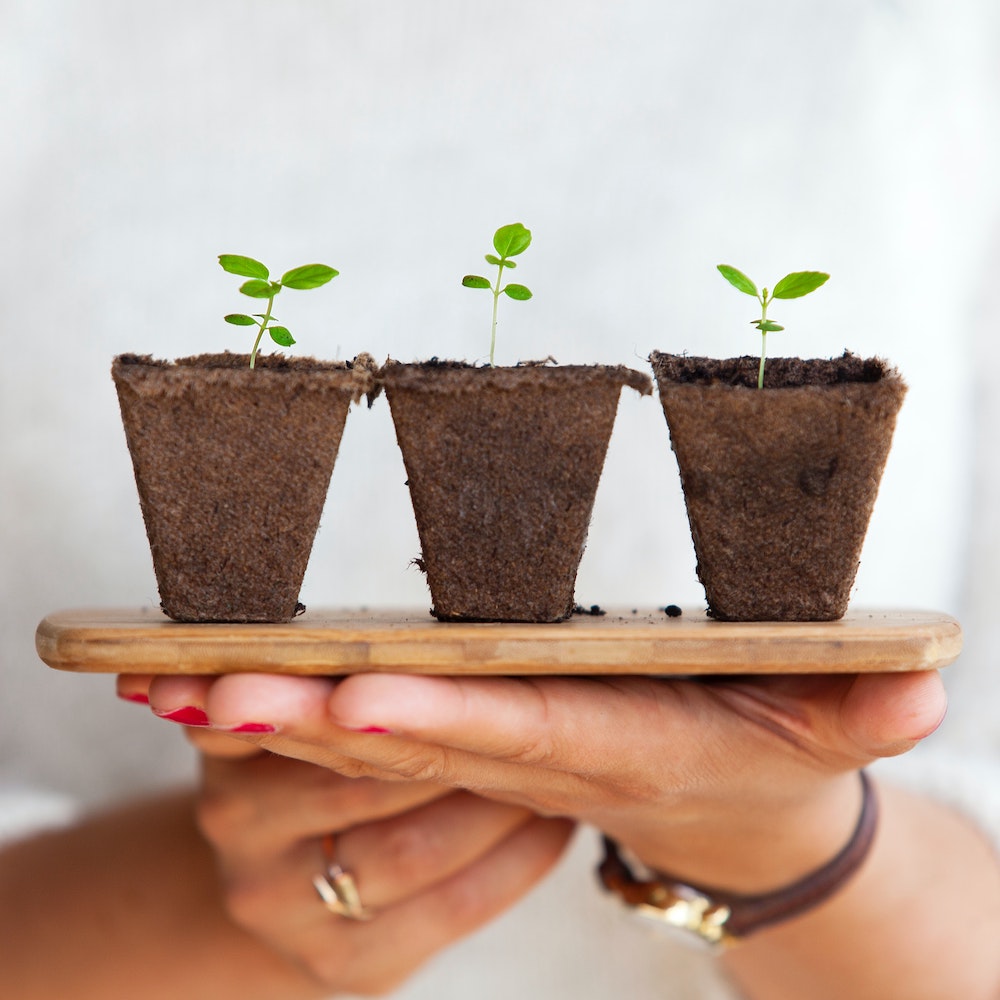Pre-menstrual Syndrome, is often known simply as PMS, and refers to the combination of symptoms that a woman might experience before her period. While these symptoms can be many and varied, most people use the term PMS when they are referring to mood and emotional symptoms.
The mood changes before your period can be many and varied – some women feel irritable and impatient, others feel anxious or angry and many feel teary, sensitive or depressed. Understanding what is going on in your body at this time can really help you to understand why you might be feeling this way and also give you some tips and tools to help manage it and reduce the symptoms. I recommend that all women download a period tracker and log their symptoms which definitely helps them to see a pattern and understand when and why they might be prone to feeling more moody. Knowing it’s that week before your period is due can just give you a bit more space around your emotions and many women find they become less attached to these emotions when they know why – it becomes easier to walk away – trust me!
So why do I feel so irritable and impatient?!
A few days after post-ovulation, oestrogen and testosterone levels drop while progesterone rises. This can make many women feel irritable and less focused while others will feel calm and relaxed. The low levels of oestrogen also cause lower levels of serotonin and higher levels of stress hormones such as cortisol, resulting in more irritability, oversensitivity and moodiness.
When your period is over, you often feel better due to the increasing levels of oestrogen and testosterone which can make you feel confident and energized. Women with high oestrogen levels however, may find this can trigger irritability and anxiety attacks around ovulation so slow down and remember to breathe.
Tips for irritability
Deep breathing sound simple but can really work. Spend a few minutes taking ten slow, deep breaths three times daily at this time to push yourself out of fight-or-flight and into parasympathetic nervous system dominance. Be prepared – if you know that irritability tends to strike a few days before your period, make a note in your diary to remind yourself it may be happening soon. Having awareness gives you some space around your emotions that can really help.
Sugar, caffeine, alcohol, stress, and lack of exercise all impact PMS and feeling irritable in a BIG way, so it is vital to avoid these and have a consistent exercise routine. Increase fibre in your diet from veggies, nuts, seeds and aim for one or two pieces of fruit daily.
Irritability and PMS is avoidable. Try supplementing with 600mg magnesium glycinate, 50mg activated B6 and 6g of good quality fish oils daily for two months and assess your symptoms.
Why am I so sad and teary (and crying at toilet paper advertisments?!)
Pre-menstrual sadness appears to be triggered by low levels of oestrogen and serotonin (our feel-good neurotransmitter). Without these happy hormones, sadness, depression and tears can take over. Extreme depression at this time may be a result of premenstrual dysphoric disorder (PMDD) which is very serious and requires integrative treatment.
Tips for sadness and low mood
Increasing omega-3 rich foods like wild fish, sardines, eggs, walnuts and chia will go a long way in helping to alleviate the blues. Avoid alcohol and aim to spend at least 10 minutes in the sun every day. Increase the feel-good tryptophan containing foods such as cottage cheese, spinach, bananas, turkey, seafood and pumpkin seeds. Exercise can also increase serotonin and give you a happy buzz. Calcium can help to regulate hormones so be sure you are getting enough. Good sources include unhulled tahini, parsley, almonds, chia and dried figs.
Supplement with an Activated B complex formula and 500mg vitamin E daily. Herbs such as St Johns Wort, Passionflower and Saffron can also be helpful. If sadness persists, see your practitioner to discuss supplements such as 5-HTP and SAMe which require professional guidance.







